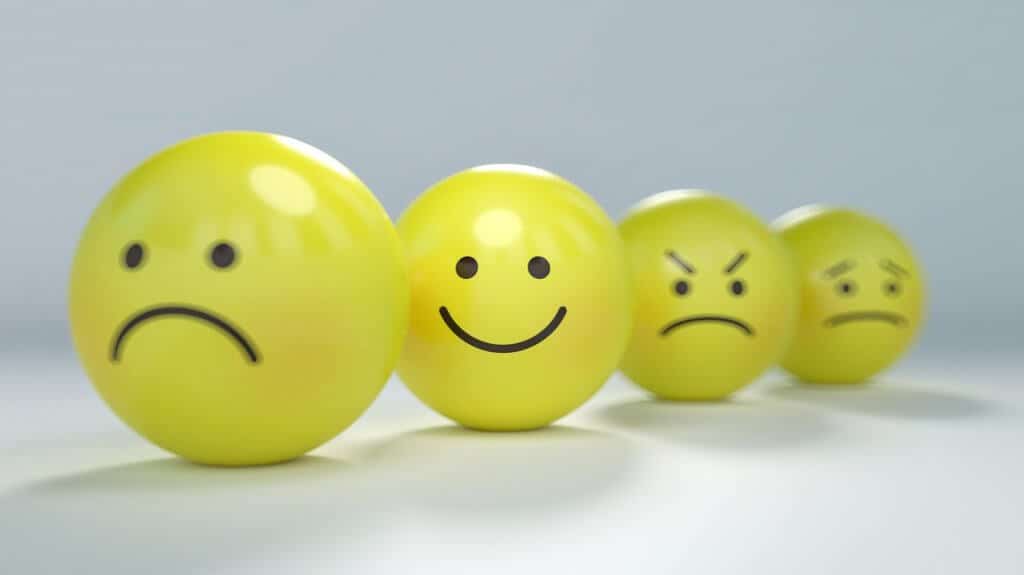
Introduction
As a PE teacher, have you ever talked about the brain and how it can help your pupils during their PE lessons? More specifically, have you ever talked to your pupils about sport psychology?
At the Tokyo Olympics this summer, we witnessed sport psychology in action. Many athletes, such as swimmer Adam Peaty commented on how their mindset helped to bring out best performances and win medals.
Psychology and PE
Psychology is the study of the mind and sport psychology is about understanding performance, the mental processes and wellbeing of people in sports settings. Whether delivering PE lessons as a teacher or working as a sport psychologist preparing athletes for the Olympics, the beauty of sport is the opportunity it gives the educator to support all round whole-person development, which includes but is not limited to the promotion of physical health.
The accepted narrative that PE is all about physical activity in primary schools is a narrow one, as it underestimates the full spectrum of learning opportunities that PE has to offer. Broadening understanding and introducing sport psychology into PE frameworks has the capacity to develop greater self-confidence and transform how pupils see themselves in and outside of sport giving them invaluable tools they can apply throughout life.
Social and emotional cost of the pandemic
The on-going legacy of the pandemic and home schooling have left a whole generation needing extra support and we are still learning about the social and emotional costs of significant stages of pupil development.
Athletes recognise the value of mindset in training and performance, learning and adopting psychological skills to reach their full potential. Evidence from sport psychology literature confirms and supports the integration of psychological skills for children aged 7-11 and primary teachers are in prime positions to develop PE curriculums that include valuable psychological outcomes.
5 Ways to bring Psychology into PE
What would a picture of sport psychology in primary PE look like for teachers, taking lessons from elite athletes? Here I suggest 5 ways:
1. Mind
This is about encouraging self-awareness and exploring the power of the mind by keeping ‘present’. Being present helps pupils engage and experience more deeply and fully.
IN PRACTICE: Challenge pupils when distracted to bring their minds back to the present with curiosity and awareness using senses. Ask pupils to adopt the 54321 technique by noticing 5 things they can see, 4 things they can hear, 3 things they can touch, 2 things they can smell and become aware of 1 thing they can taste.
2. Drive
This is about enabling pupils to learn about their individual motivations. Educate pupils in the benefits of setting goals.
IN PRACTICE: Set process goals to focus pupils. Process goals help focus attention less on results but more on processes and techniques, enabling faster learning, experimentation, and an increased sense of control. Making solid contact with a ball as it’s struck with a tennis racket is an example of a process goal.
3. Feelings
This is about learning to manage feelings. Self-confidence is a performance attribute in sport and life. It can be hard to ‘feel’ confident but acting confidently is easier.
IN PRACTICE: Introduce power poses (indicated by head held high, chest forward, shoulders back, and feet firmly on ground). Our body language and sports kit can make us seem more confident to ourselves – and our competitors.
4. Talk
This is about effective communication when supporting others. Teach pupils the difference between praise and encouragement, the impact on others and identify feelings when receiving support.
IN PRACTICE: Ask for different examples of encouragement and praise from pupils. Encouragement serves to inspire, intensify effort, and empower confidence, praise is connected to a more specific event. Pupils can learn to encourage self or others in a group- “Come on, you can do it! Keep going” and learn to praise themselves or team members- “well done, you kept your knees high when running.”
5. Me
This is about getting to know yourself and your needs. Pupils and athletes can be harsh critics. The language we use can help us be kinder to ourselves.
IN PRACTICE: Teach and model meaning of self-compassion. When pupils are upset or disappointed encourage this question – what do I need now? This allows a moment of self-compassion to reflect on further supportive action for self.
Transferable development
Including psychological outcomes is an approach teachers can adopt in addition to physical outcomes providing a valuable contribution to other areas of development. These areas of development include:
Cognitive development
- Decision-making
- Problem-solving
- Organising
- Effective thinking
Social Awareness
- Communication
- Sharing and understanding
- Working in a group
- Managing conflict
Emotional development
- Enhancing confidence
- Self-awareness
- Motivation
- Self-compassion
- Managing emotions
Summary
These cognitive, social and emotional attributes should run in parallel and complement the physical outputs most frequently associated with PE. I challenge primary PE teachers to think differently and take a holistic view of PE as incorporating skills from the world of elite sport and sport psychology can develop life and learning skills in pupils.
About the Author
Helen Davis is a primary school teacher with over 25 years’ experience in UK schools. She is also a chartered sport psychologist and runs her own consultancy think.believe.perform. working in a range of sports from recreational athletes to Olympic and Paralympic champions. Experienced in both careers, Helen’s passion is to enable pupils to ‘think better, be better’ by incorporating sport psychology into primary PE. Find out more: https://schoolsportpsychology.co.uk/ @ThinkBPerform


[…] This blog by Helen Davis @ThinkBPerform explores how an understanding of psychology can enhance the delivery of PE. […]